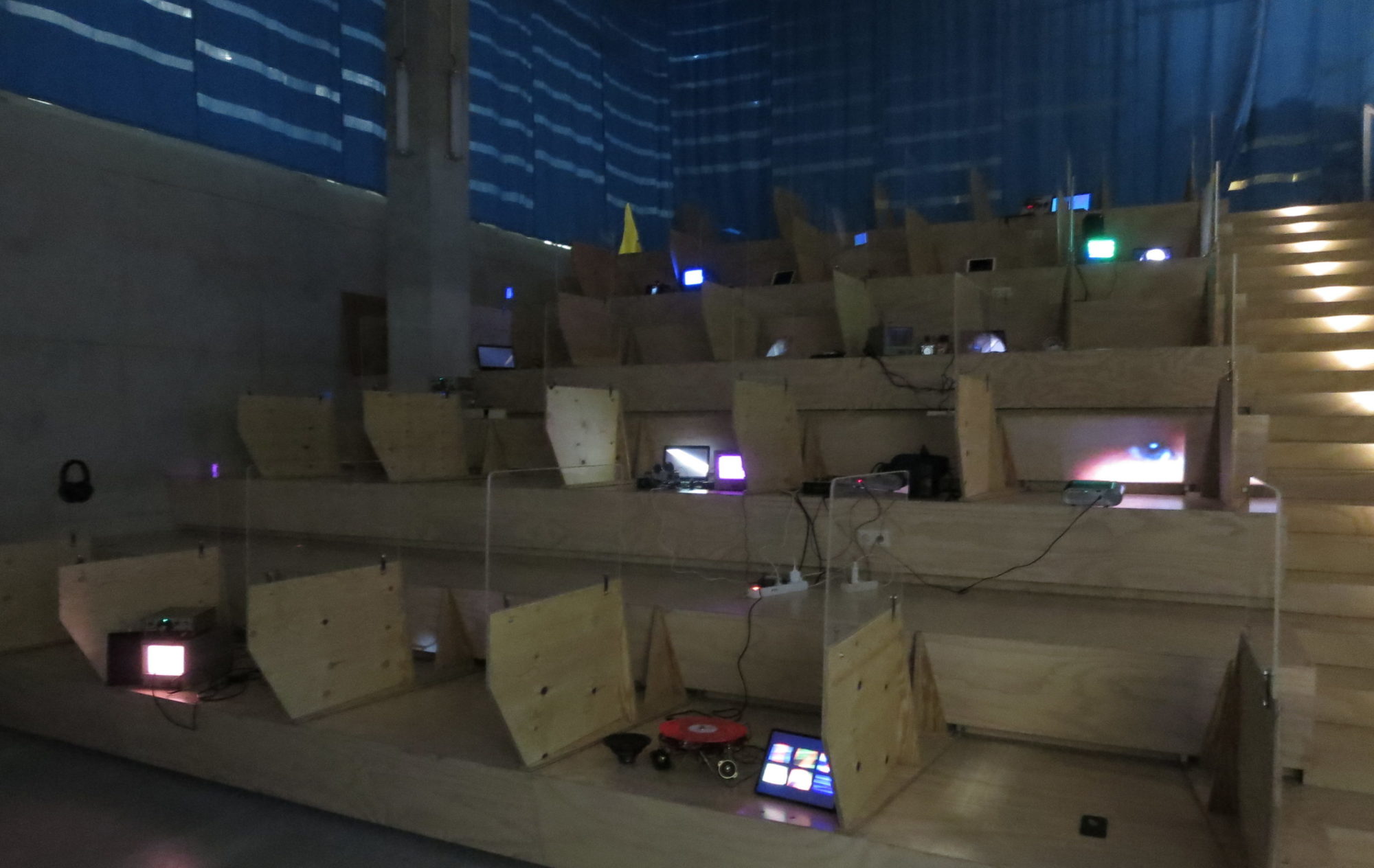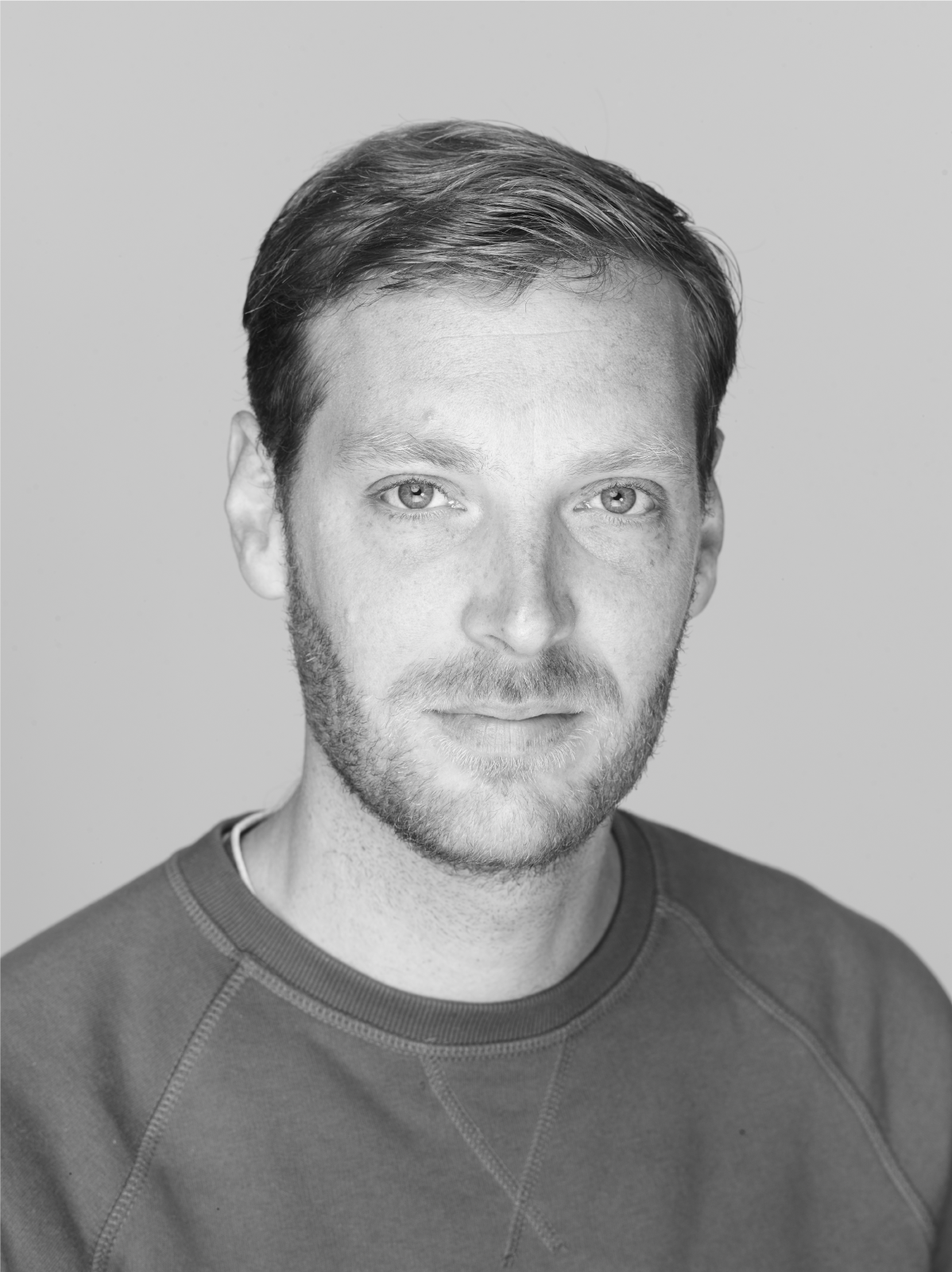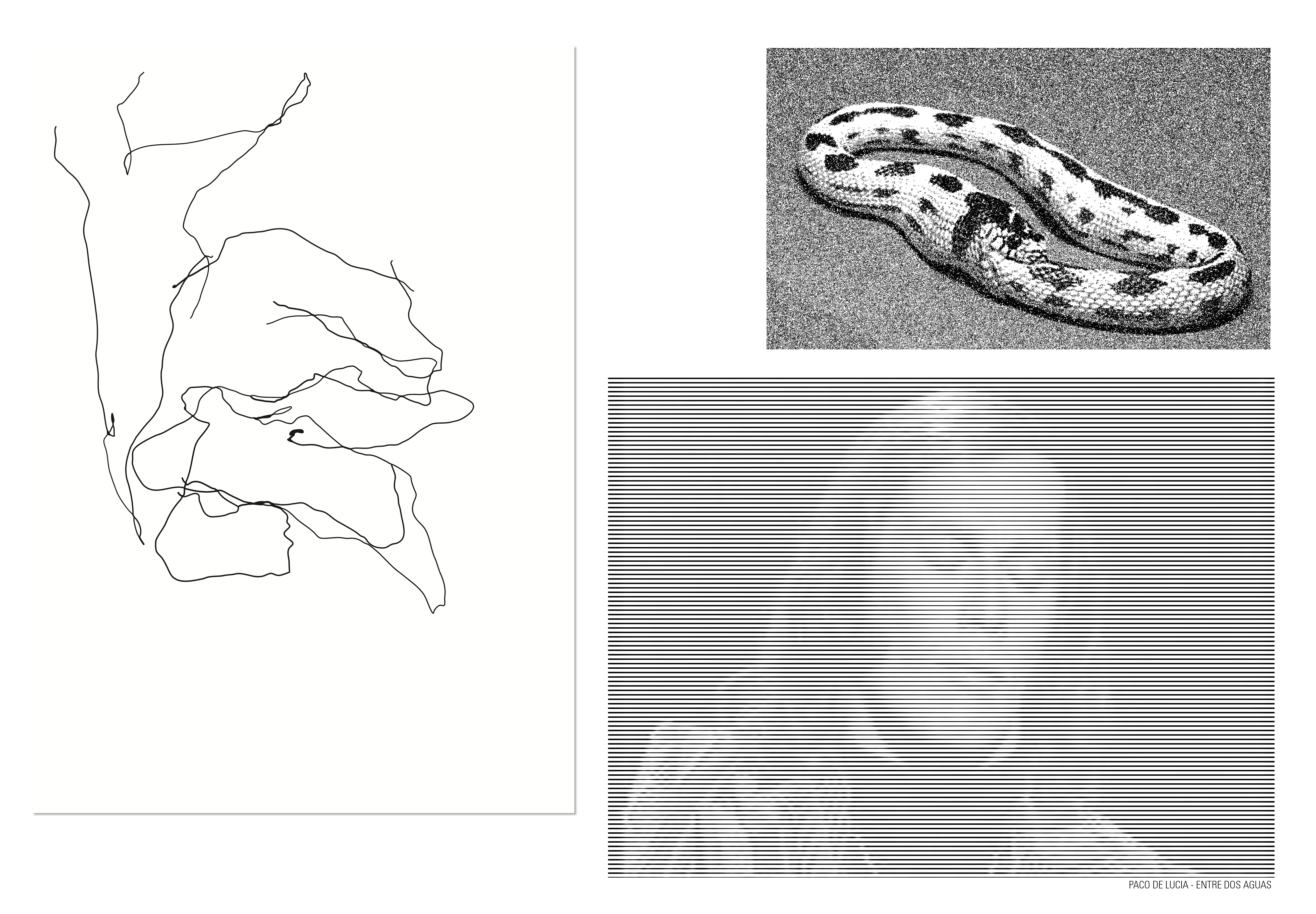The first year of DOGtime started in September 2003. Since then DOGtime has developed into a valuable and leading department at the Rietveld Academie and beyond. Today, DOGTIME exists a little bit more than 10 years. To celebrate this achievement, a DOGtime manifestation is organized
DOGtime, Live at TNT building
10 years DOGtime, Gerrit Rietveld Academie
The manifestation will take place at TNT building (Olympic Plaza-opposite of the Gerrit Rietveld Academie). The (new) class, studio, and project spaces (1300m2) at ground floor are designed by architect Jan van Grunsven. They will host a.o DOGime 3,4, and 5 for the next two and half years- and in its almost virgin state the manifestation with Works, Talks, Publications, Music, Food and Performances by DOGtime, teachers, alumni and students.
DOGtime, Live at TNT building
10 years DOGtime, Gerrit Rietveld Academie
Opening: Friday, May 9th
Finissage: Saturday, May 17th
The program is in progressIn september 2003 ging het eerste jaar DOGtime van start. DOGtime is ondertussen uitgegroeid tot een volwaardige en toonaangevende opleiding binnen de Gerrit Rietveld Academie en daarbuiten. Nu, (meer dan) tien jaar later vieren we dat DOGtime 10 jaar bestaat met de manifestatie:
DOGtime, Live at TNT building
10 years DOGtime, Gerrit Rietveld Academie
Tijdens de manifestatie wordt werk van DOGtime docenten, alumni en studenten geëxposeerd, zijn er lezingen en workshops en wordt de DOGtime jubileum papers gepresenteerd: een unieke publicatie over een decennium DOGtime.
Het programma (nog onder voorbehoud) ziet er als volgt uit:
Vrijdag 9 mei, 19:00
OPENING DOGtime Live at TNT building, 10 years DOGtime, Gerrit Rietveld Academie
Expositie met werk van DOGtime docenten en geselecteerde alumni en studenten
PRESENTATIE DOGtime newspaper
Zaterdag 10 mei, 10:00 – 20:00
Expositie open voor publiek.
Maandag 12 mei, reguliere DOGtime lessen
Dinsdag 13 mei, geen reguliere DOGtime lessen, maar lecture: about PAINT, about SOUND
Woensdag 14 mei, geen reguliere DOGtime lessen, maar lecture: about WORDS
Donderdag 15 mei, geen reguliere DOGtime lessen, maar lecture: about TRAVELERS & GARDENERS
(information about DOGtime Fine Arts and DOGtime Interactive Design Instable Media department, also ‘consultation hour’ / inloopspreekuur voor geïnteresseerden)
Zaterdag 17 mei, 17:00
FINNISAGE
Iedereen is van harte welkom!


 booklet posters
booklet posters